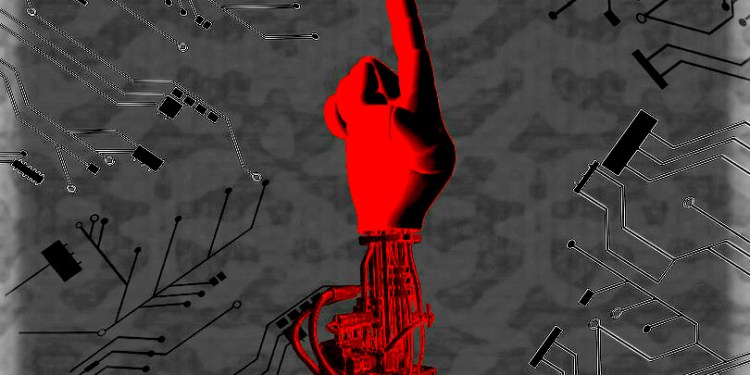As cryptocurrencies and blockchain technology continue to spark debate on both the national and international stages, another red hot sector in tech is moving at a rapid pace: robots.
Like blockchain, robotics is placing more pressure on the status quo, legacy infrastructure and the existing economic structure. Also like blockchain, the advent of robots doing increasingly detailed tasks with metal hands that look surreally human is set to transform entire industries.
A new study by analysis firm Oxford Economics predicts that up to 20 million manufacturing jobs around the world could be replaced by robots by 2030.
While displacing manual laborers, the rise of robots and automation will create new jobs for skilled workers. On a global level, the new jobs will appear at the same rate as the old jobs vanish.
According to the study,
“The effects of these job losses will vary greatly across countries and regions, with a disproportionate toll on lower-skilled workers and on poorer local economies. In lower-skilled regions, we find that robots lead to almost twice as many manufacturing job losses. In many places, the impact will aggravate social and economic stress in times when political polarisation is a worrying trend.”
Repetitive jobs are the most at risk, with an estimate of 14 million industrial robots deployed in China alone, the highest amount worldwide, by 2030.
Reports Bloomberg,
“The technology is going so fast now, that in two or three years you can make the robot do almost anything,” says Johnny Albertsen, Rosborg Food Holding.
Since 2000, nearly 1.7 million manufacturing jobs have been lost to robots, according to the report, including 400,000 in Europe, 260,000 in the US, and 550,000 in China.
You can check out the full study here.
[the_ad id="42537"] [the_ad id="42536"]




